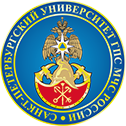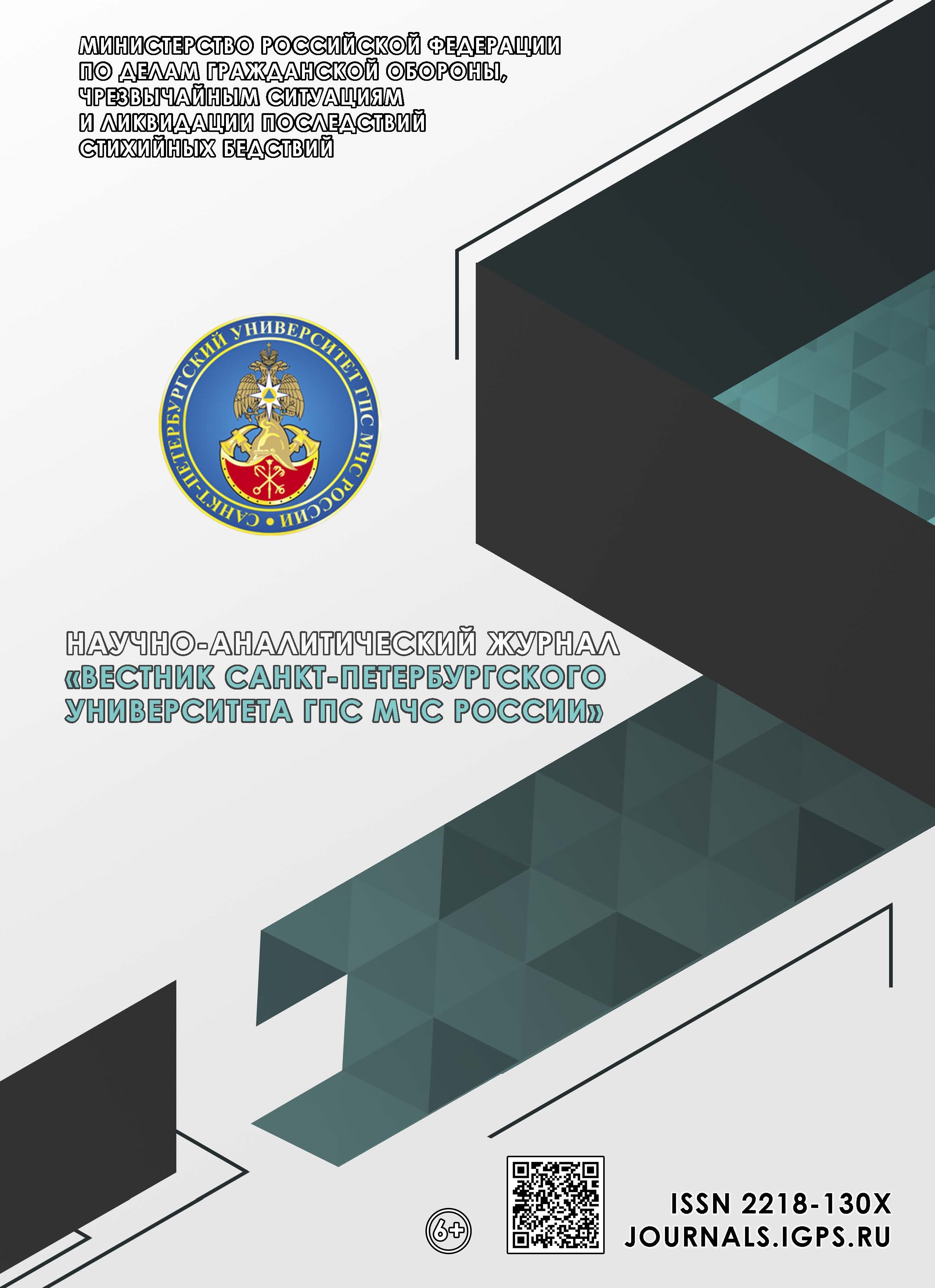Russian Federation
Petrovsky academy of sciences and arts (full member)
Russian academy of sciences of the Sociological institute of the Russian academy of sciences (Federal research sociological center, associate researcher)
Russian Federation
Federal research sociological center of the Russian academy of sciences of the Sociological institute of the Russian academy of sciences (associate researcher)
Petrovsky academy of sciences and arts (full member)
Russian Federation
The article is a continuation of the analytical review of corporate universities' researches as knowledge management institutions based on networking, implementing strategies for the formation of intellectual capital and innovation management. The role of corporate governance in innovative development is revealed. The article shows that in the competitive and dynamic world of modern technologies, one of the priorities in the management of corporate universities remains to ensure the functioning and development of training networks and innovative structures. The tendency of strengthening the role of corporate universities in the context of digitalization is noted. With the spread of digital technologies, corporate universities are increasingly competing with traditional universities in this segment. The definition of prospects for improving the efficiency of corporate university management is based on the study of relevant practices for the implementation of management decisions, taking into account the elaboration of theoretical and methodological aspects of the study of the problem. The concepts of social responsibility of corporate universities and innovation risk are being developed, and practical strategic schemes for introducing innovations in conditions of uncertainty have been appropriately justified. Further formation of the theoretical basis for the study of strategies of corporate universities around the world in the field of knowledge management and innovative development based on their comparative analysis remains in demand. An analytical review of the scientific literature confirms the gradual formation of a special conceptual framework for the study of knowledge management and innovation in corporate universities around the world. The aim of the project is to systematize the scientific results of relevant research works, summarize the main conceptual and methodological solutions in the study of knowledge management and innovation systems, identify the main priorities and promising management strategies of corporate universities in Russia, China, Brazil, Iran, Chile, Indonesia, Kenya, Nigeria, Spain, South Korea and other countries in this field the sphere. The main task is to determine the role of universities of this type in the development of intellectual capital and innovation systems within the framework of a comparative analysis of specific cases of knowledge and innovation management in corporate universities around the world.
knowledge management, intellectual capital management, corporate university, innovative development management, management functions, innovative literacy
1. Kogut V.G., Lukin V.N., Musienko T.V. Korporativnye universitety: prioritety upravleniya, resheniya, perspektivy. Chast' 1 // Nauch.-analit. zhurn. «Vestnik S.-Peterb. un-ta GPS MCHS Rossii». 2024. № 1. S. 88–103. DOI:https://doi.org/10.61260/2218-130X-2024-1-88-103. EDN SZWYTS.
2. Myachin D.A., Musienko T.V., Lukin V.N. Upravlenie ekonomikoj znanij i innovacii // Nauch.-analit. zhurn. «Vestnik S.-Peterb. un-ta GPS MCHS Rossii». 2020. № 2. S. 128–136. EDN LFKJJM.
3. Musienko T.V., Matveev A.V., Artamonov V.S. Teoreticheskie osnovy upravleniya cifrovoj obrazovatel'noj sredoj v universitete // Nauch.-analit. zhurn. «Vestnik S.-Peterb. un-ta GPS MCHS Rossii». 2023. № 1. S. 171–180. EDN PEKDXY.
4. Lukin V.N., Papyrina E.V., Kogut V.G. Upravlenie proektnoj deyatel'nost'yu v cifrovoj obrazovatel'noj srede universiteta // Nauch.-analit. zhurn. «Vestnik S.-Peterb. un-ta GPS MCHS Rossii». 2022. № 2. S. 144–153. EDN DMFEWF.
5. Tonkonog V.V., Ananchenkova P.I., Hudyakov S.O. Upravlenie znaniyami v organizaciyah setevogo vzaimodejstviya: teoreticheskij obzor // Vestnik Bashkirskogo instituta social'nyh tekhnologij. 2023. № 2 (59). S. 63–71.
6. Prohorov A.I. Sovremennye tendencii upravleniya znaniyami v organizacii // Obshchestvo: sociologiya, psihologiya, pedagogika. 2023. № 7 (111). S. 21–25.
7. Yakimova Z.V. Upravlenie korporativnymi znaniyami v kontekste kadrovoj politiki organizacii // Gumanitarnye chteniya: materialy Vseros. nauch.-prakt. konf. Habarovsk, 2022. S. 199–207.
8. Koncepciya upravleniya znaniyami v deyatel'nosti organizacii / E.S. Popova [i dr.] // Vestnik pedagogicheskih nauk. 2021. № 8. S. 152–156.
9. Osobennosti formirovaniya i razvitiya vnutrifirmennyh znanij v sovremennyh organizaciyah / Z.S. Gel'manova [i dr.] // Global Science and Innovations: Central Asia. 2021. Vol. 7. № 2 (13). S. 9–17.
10. Bulat R.E., Bajchorova H.S. Rol' koncepcii upravleniya znaniyami na rubezhe sistemnyh preobrazovanij v vysshem obrazovanii // Inzhenernoe obrazovanie v usloviyah cifrovizacii obshchestva i ekonomiki: sb. materialov Vseros. nauch.-prakt. konf. s mezhdunar. uchastiem. Cheboksary, 2023. S. 30–34.
11. Knight L. Network learning: Exploring learning by interorganizational networks // Human Relations. 2002. Vol. 55. № 4. P. 427–454.
12. Souto B.J.A., Neves M.S., Loth A.F., Alves E.S. Learning network and corporate university in the public sector: An integrative review. May 2023. DOI:https://doi.org/10.56238/alookdevelopv1-031.
13. Sudewo P.A. The Strategies Analysis of Corporate University in the Government Agencies in Indonesia // Jurnal Wacana Kinerja Kajian Praktis-Akademis Kinerja dan Administrasi Pelayanan Publik. August 2022. 25. № 1. DOI:https://doi.org/10.31845/jwk.v25i1.719.
14. Savira E., Savitri R., Ahad M.P.Y. National Corporate University of ASN: Orchestrating Strategic Competency Development at the National Level // KnE Social Sciences. 1922. DOI:https://doi.org/10.18502/kss.v7i9.10934.
15. Khan M.A. The Industrial Effects: The Emergence of Corporate Universities // Governance Models for Latin American Universities in the 21st Century. 2021. P. 39–58. DOI:https://doi.org/10.1007/978-3-030-83465-4_3.
16. Kariuki P., Ombaka B.E., Kiumbe P. Influence of corporate governance on performance of public universities in Kenya // International Journal of Research in Business and Social Science. (2147–4478). 2021. V.ol. 10. № 7. P. 116–128. DOI:https://doi.org/10.20525/ijrbs.v10i7.1402.
17. Bakare K. University administration in Nigeria: history, ethics and corporate governance // Journal of Education and Practice. 2021. Vol. 5. № 2. P. 30–44. DOI:https://doi.org/10.47941/jep.629.
18. Sustainable Development and Corporate Sustainability of Chilean State Universities: Evidence from Their Strategic Elements / J.B. Abello [et al.] // Sustainability. 2023. № 15 (14). 11033. DOI:https://doi.org/10.3390/su151411033.
19. Oh J.R., Park C.H., Baek K. Toward the sustainable development of corporate universities: the case of South Korea // European Journal of Training and Development. 2023. DOI:https://doi.org/10.1108/EJTD-02-2023-0024.
20. Omowale A., Ayo-Obiremi I., Sanusi B., Talabi F. Private university education in Nigeria: the imperative of corporate social responsibility // GVU Journal of Communication Studies. June 2022. Vol. 3. 2021. P. 68–77.
21. Chen Y., Xu Y., Zhai Q. Networking of Corporate Universities in Knowledge Management: Evidence from China // Management Decision. 2022. Vol. 60. № 11. P. 3147–3164. DOI:https://doi.org/10.1108/MD-05-2021-0679.
22. Shen Y., Xu Y., Zhai Q. The Knowledge Management Functions of Corporate University and their Evolution: Case Studies of two Chinese Corporate Universities // Journal of Knowledge Management. 2019. 23. P. 2086–2112.
23. Sen Y., Xu Y. Influencing Factors of Knowledge Enhancement of Corporate Universities in China // Kybernetes. 2022. Vol. 51. № 4. pp. 1555–1583. DOI: https://doi.org/10.1108/K-03-2021-0218.
24. Chen Y., Xu Y. Influencing Factors of Knowledge Enhancement of Corporate Universities in China // Kybernetes. 2022. Vol. 51. № 4. P. 1555–1583. DOI:https://doi.org/10.1108/K-03-2021-0218.
25. Chen, Y. and Xu, Y. The Influencing Factors and Improvement Paths of the Manufacturing Industry Innovation System of Products for the Elderly // Mathematical Problems in Engineering 2022. № 4. P. 1–18. DOI:https://doi.org/10.1155/2022/1174622.
26. Rhéaume L. Gardoni M. Strategy-making for innovation management and the development of corporate universities // International Journal for Interactive Design and Manufacturing. 2016. № 9 (36). P. 1–12. DOI:https://doi.org/10.1007/s12008-015-0291-2.
27. Peykani P., Namazi M., Mohammadi E. Bridging the knowledge gap between technology and business: An innovation strategy perspective // PLoS ONE. 2022. № 17 (4). DOI:https://doi.org/10.1371/journal.pone.0266843.
28. Franzen S. The Corporate University // University Responsibility for the Adjudication of Research Misconduct. 2021. P. 67–82. DOI:https://doi.org/10.1007/978-3-030-68063-3_4.
29. Bolívar-Ramos M.T. The impact of corporate science on environmental innovations: the role of universities and research institutions. February 2023. DOI:https://doi.org/10.1111/radm.12574.
30. Gok M., Özer G., Siğerim E. A new theoretical approach to intellectual capital: Meta-synthesis definitions of innovative literacy // Journal of Intellectual Capital. September 2021. DOI:https://doi.org/10.1108/JIC-12-2020-0379.
31. Secundo G., Lombardi R., Dumay J. Intellectual Capital in Education // Journal of Intellectual Capital, 2018. Vol. 19. Iss. 1. P. 2–9. DOI:https://doi.org/10.1108/JIC-10-2017-0140.
32. Kianto A., Sáenz J., Aramburu N. Knowledge-based human resource management practices, intellectual capital and innovation // Journal of Business Research. 2017. № 81. P. 11–20. DOI:https://doi.org/10.1016/j.jbusres.2017.07.018.








